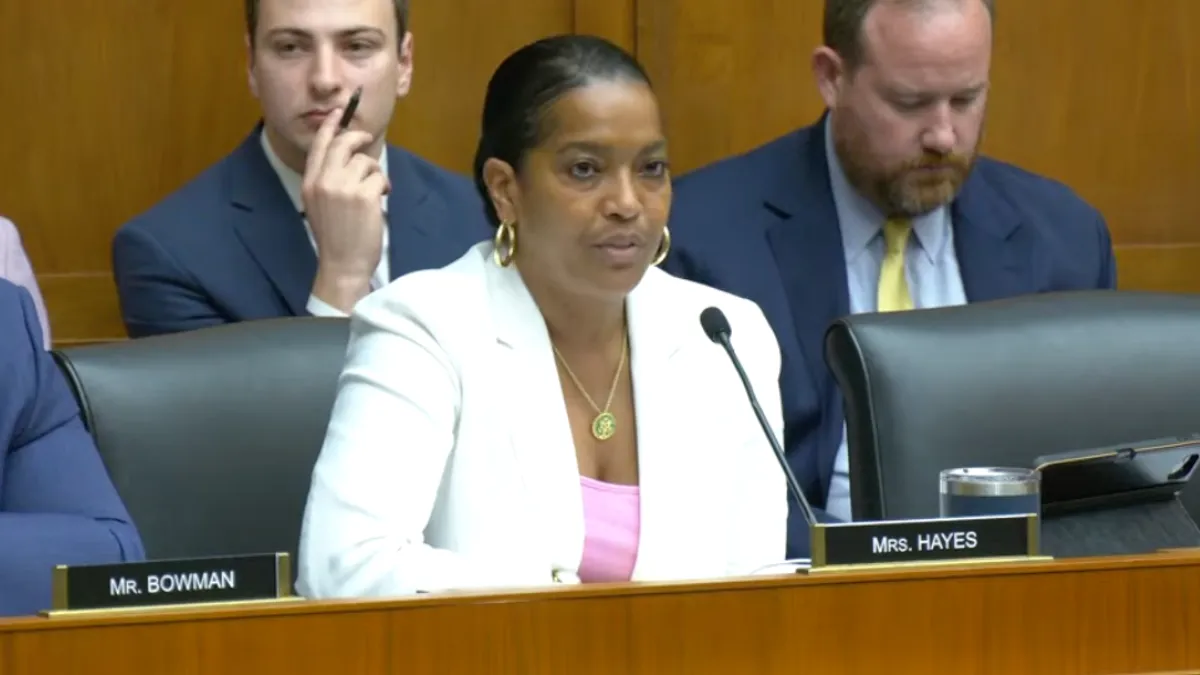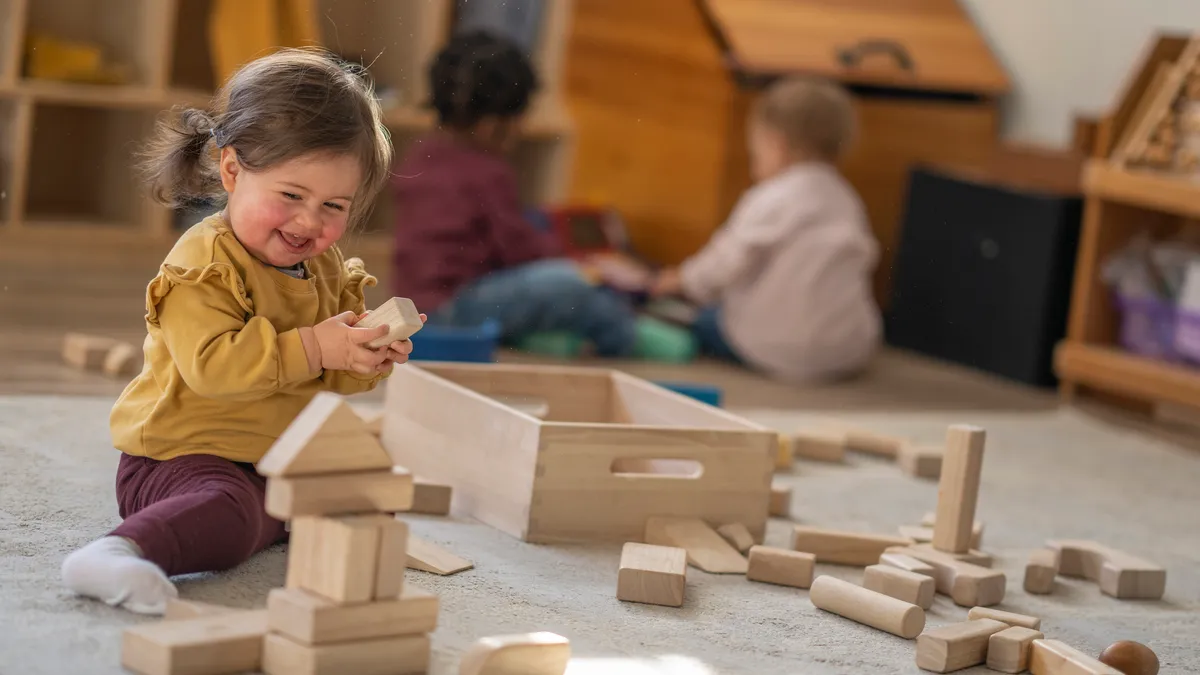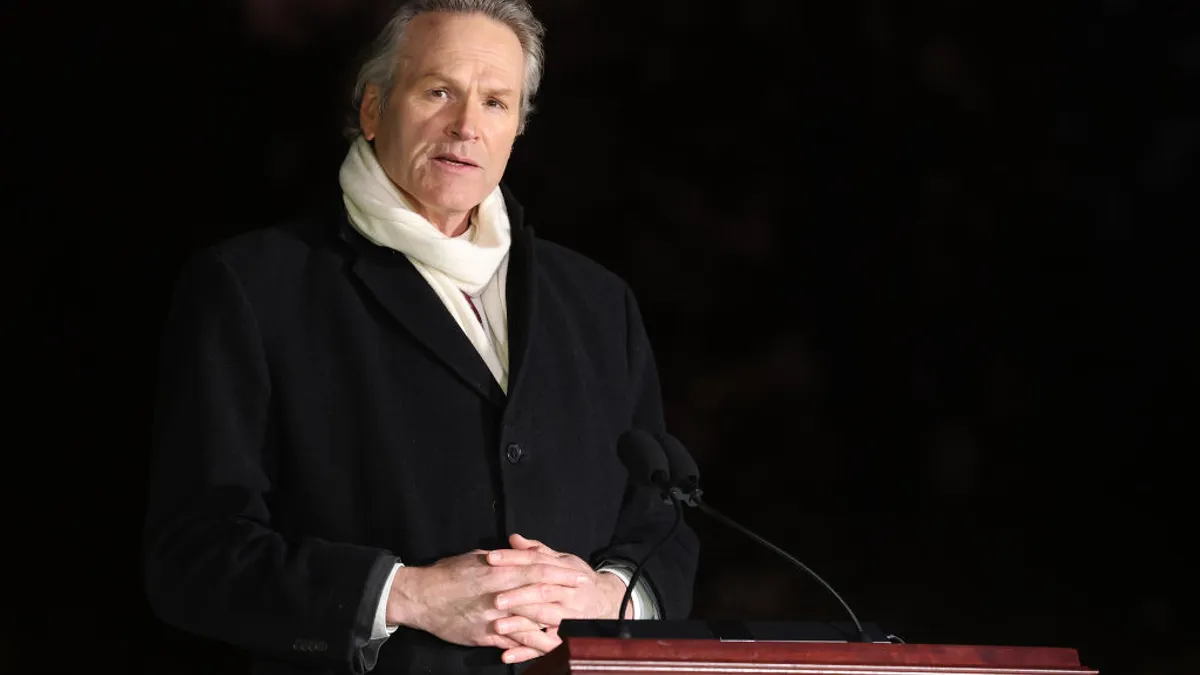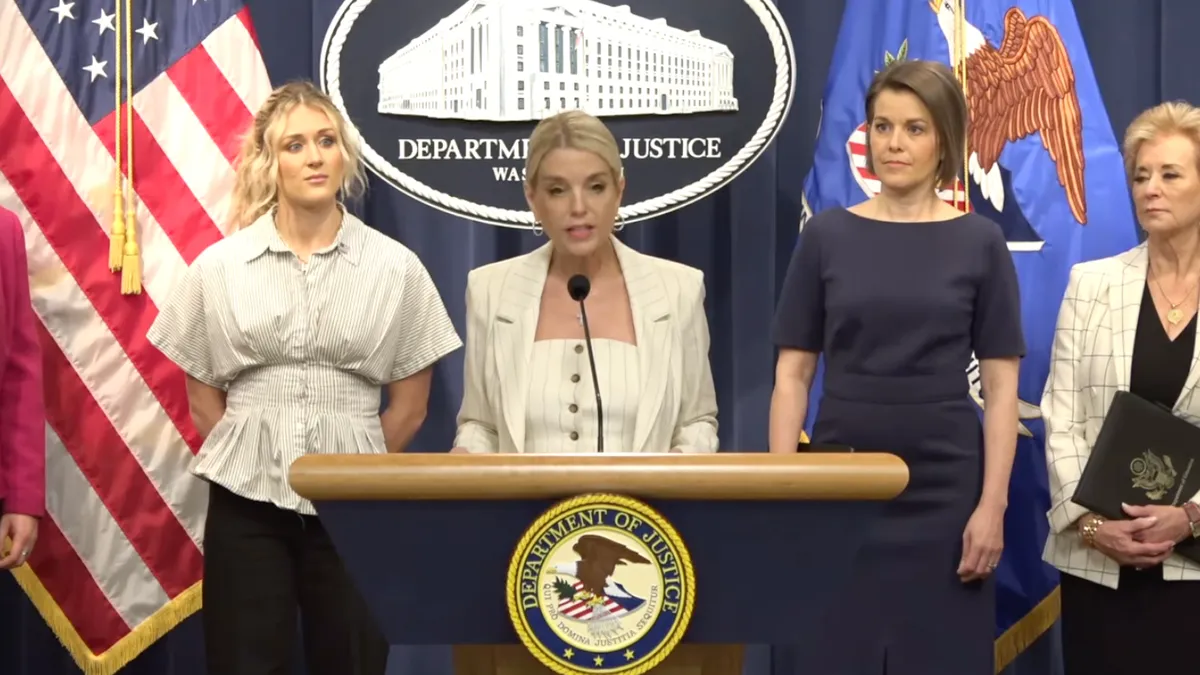Lawmakers and panelists at a Wednesday House hearing blamed sharp decreases in student achievement since the pandemic on the politics of extended school closures, teacher union influence in reopening schools, and decades of underfunding of public schools.
Solutions offered at the hearing, held by the Subcommittee on Early Childhood, Elementary, and Secondary Education, ranged from more funding for learning recovery in public schools to expanded school choice for families.
Subcommittee Chair Aaron Bean, R-Fla., opened the session by saying a generation of student academic progress was lost due to extended school building closures during the pandemic. "The mass shuttering of schools throughout the pandemic is one of our greatest education policy failures in our nation's history," Bean said, adding his home state of Florida was one of the first to reopen for in-person learning.
Bean said research shows teacher unions disproportionately affected school closures.
Panelist Derrell Bradford, president of 50CAN, a national nonprofit education advocacy group, agreed. Bradford said the pandemic opened the door for teachers to bargain for workplace demands that influenced whether school buildings stayed closed or not.
"In New York, and other places, frankly, teachers picketed with signs and coffins," he said. "This is not the sort of activity of a group of people that are particularly interested in opening schools."
When the pandemic first emerged in March 2020, Bradford said, he was a strong proponent of closing schools to in-person learning. But by August of that year when he said reopening schools became a "political football," 50CAN advocated for more innovation and flexibility to maintain in-person learning, including giving funding directly to families to enroll their children in a school of their choice.
Rep. Jahana Hayes, D-Conn., however, disputed the argument that teachers unions prevented school reopenings.
"Isn't it ironic that members of this panel are blaming teachers and teachers unions while also arguing that their children should have been back in front of those same teachers?" Hayes said. "So either the teachers are good for your kids or they're not. You can't have it both ways."
Hayes and Rep. Jamaal Bowman, D-N.Y., said school closure critics should consider the years of underfunding of public education when discussing causes and solutions for learning loss.
"There is another pandemic that has been going on since the beginning of American history, and that is the underinvestment and disinvestment in poor schools in poor communities, particularly Black and brown," Bowman said. "That is a pandemic that was here way before COVID."
In his testimony, panelist Nat Malkus, a senior fellow and deputy director of education policy at the American Enterprise Institute, said multiple factors contributed to dips in learning achievement. But extended school closures — which he said were politically polarizing — were a factor that policymakers had control over.
According to Malkus, in April 2021, as COVID cases fell and vaccines became more widely available, only about one-third of districts and counties that voted for President Joe Biden had fully reopened schools, compared to more than 60% in districts that supported Donald Trump.
Malkus said even schools that fully reopened "faced strong pandemic headwinds" due to COVID spikes that caused quarantines and high rates of student absenteeism.
Hearing participants also focused on solutions to help students with learning recovery.
Bradford recommended schools expand high-dosage tutoring and summer enrichment programs. He also suggested that, looking to the future, educators study how Catholic schools were able to open safely for full-time, in-person learning during the 2020-21 school year.
Mary-Patricia Wray, a Baton Rouge, La. resident and parent of a child with disabilities, urged lawmakers to provide schools with additional funding to sustain COVID recovery efforts.
"Our children need more," Wray said. "They need more qualified teachers, more evidence-based services, career and tech ed, behavior and mental health services. They don't need more fighting over whether protecting them from a virus and keeping them alive was the right decision three years ago."
Panelist Catherine Truitt, North Carolina superintendent of public instruction, pointed to what her state is doing to help students there. North Carolina launched an Office of Learning Recovery and Acceleration to help districts analyze data to help prioritize recovery efforts, she said, and the state supports districts on how to effectively use Elementary and Secondary School Emergency Relief funds.
"Our schools and districts have made incredible strides in helping so many of our students get back on track to their pre-pandemic performance," Truitt said. "And while there is more work to be done, we are on the path to recovery.”






















